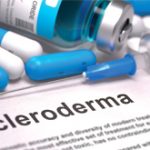The FDA is strengthening its warning that canagliflozin and dapagliflozin may increase the risk for acute kidney injury in some patients. Also, the FDA has issued a warning that patients should not exceed recommended doses of loperamide due to increased risks of serious cardiac events…








